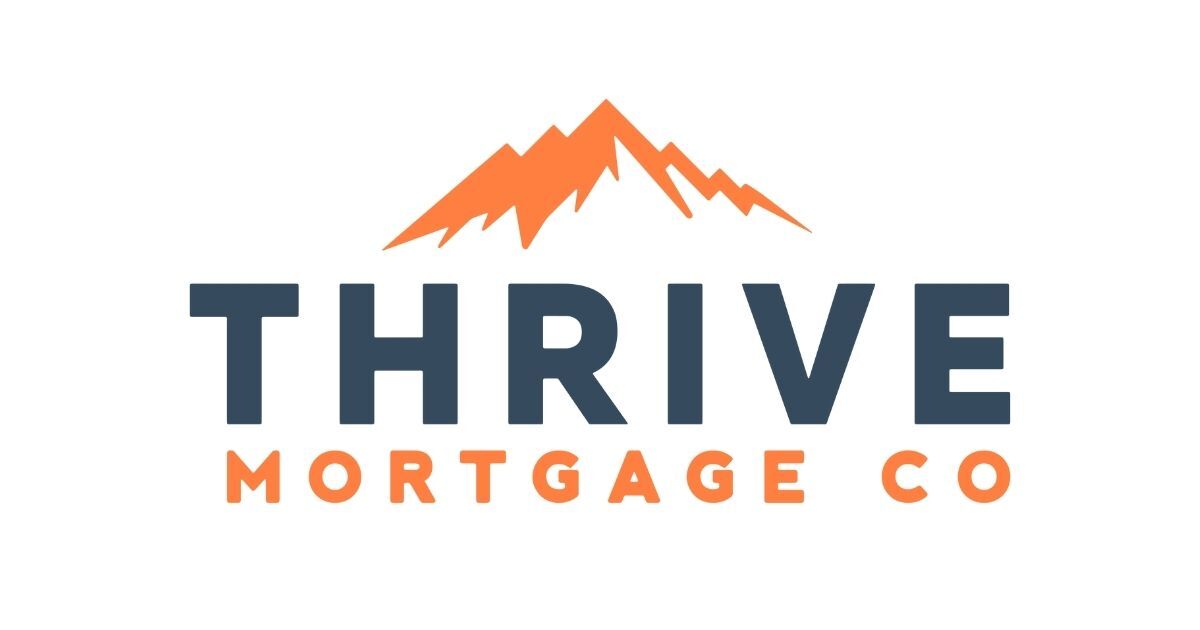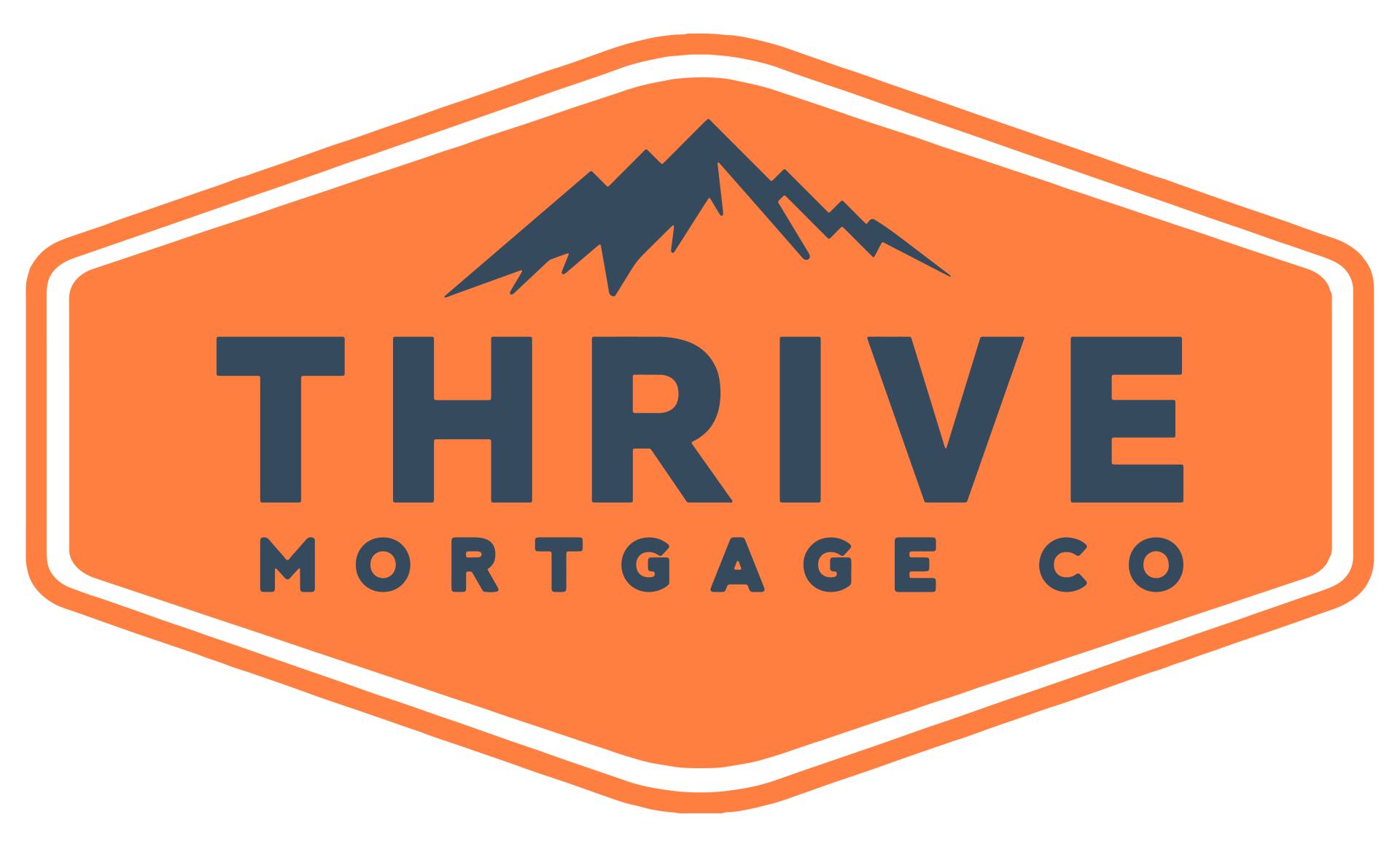First Time Home Buying
Everything you need to know when buying your first home
Buying your first home is an exciting milestone, but it can also feel overwhelming.
With so much conflicting advice from well-meaning friends and family, it’s hard to know what information to trust.
That’s where we come in!
We provide clear, impartial guidance focused solely on what’s right for you.
This First-Time Home Buyer Guide is designed to cut through the noise, answer your questions, and help you move forward with clarity and confidence.
First Time Home Buying
-
Where should I start?
A great starting point is understanding the size of mortgage you may qualify for.
This can vary based on factors like your income, savings for a down payment, and monthly expenses.
Knowing your borrowing capacity upfront helps you shop confidently and focus on homes that fit your budget, making the search for your home much easier.
-
Can I borrow more than what online calculators show?
While recent changes and rules can make qualifying more challenging, we’re here to help.
With our experience as brokers and deep understanding of underwriting guidelines, we can work to find the best possible terms tailored to your unique situation.
-
Is dealing directly with a bank the best way to get a good deal?
Not necessarily.
Banks can only offer the products they carry, which may not always be the best fit for your unique situation. There may be other products or solutions available that better suit your needs, and we can help ensure you see multiple options tailored specifically for you.
Booking an appointment with a bank can be challenging, and even speaking with an expert may take time. Bank staff are paid regardless of which products you choose, and their processes can be lengthy and require significant input from you.
As your broker, we do things differently. We provide a simple and efficient online process and dedicate as much time as needed to help you understand the best options for your situation, and why they make sense for you.
-
Down Payment Amounts - Home Buyers Plan & RRSP
When it comes to down payments, the amounts vary depending on the price of the property. For homes $500K or less, the minimum down payment is 5%. Properties between $500K and $1.5M require 10%, while homes $1.5M or more require a minimum of 20%.
Down payments can come from your savings, an inheritance, or even a gift. For first-time buyers in Canada, you can also withdraw up to $60,000 from your RRSP through the Home Buyers’ Plan (HBP) to put toward your down payment. If you’re buying with a partner who also qualifies, you could access up to $120,000 combined.
-
How is a deposit different from a down payment?
A deposit is an amount you pay upfront to show your commitment when making an offer on a property. It’s usually held in trust and applied toward your purchase once the sale completes.
A down payment is the portion of the home’s purchase price you pay yourself (from savings, RRSPs, or other sources) to secure your mortgage. It’s usually larger than the deposit and is required by lenders to fund your mortgage.
In most cases, the deposit is included in the down payment. For example, if your down payment is $60,000 and you provide a $30,000 deposit when making your offer, you would only need to contribute an additional $30,000 toward your down payment.
-
What does the approval process look like, and how long will it take?
Just click Contact Us on our site to request a conversation.
Once you reach out, we’ll get started right away, guiding you step by step through your application and helping gather all the necessary documents for your pre-approval. Our goal is to make the process simple, efficient, and stress-free, ensuring you fully understand each step along the way.
While every situation is unique, we aim to provide a pre-approval turnaround within 48 hours, so you can move forward with confidence and clarity.
-
When should I make an offer?
Once you’ve found your new home, your realtor will submit an offer to the sellers on your behalf.
With a pre-approval already in place, you can move forward confidently, knowing the financing side is ready to go once your offer is accepted.
-
Should I add any conditions to my offer?
We’ll work closely with you and your realtor to ensure your offer protects your interests while keeping it strong and appealing to the seller.
By including supporting documentation from your pre-approval, you may be able to waive financing conditions, making your offer more competitive.
Your realtor will also guide you on any additional conditions you may want to include, ensuring your offer balances protection with attractiveness.
-
What expenses should I plan for?
We’ll identify your specific costs but typical expenses can include:
Land Transfer Tax – First-time buyers may receive up to a $4,000 tax credit at closing.
PST on CMHC Insurance – Around 8% depending on your region, only if your down payment is under 20%.
Solicitor Fees – Budget at least $2,000, though this can vary.
Property Inspection – Usually $300–$600. A thorough inspection, including tools like thermal imaging or moisture detectors, can save you thousands by revealing hidden issues.
Appraisal – Initial approvals can often be done with an online valuation ($99), but a full appraisal may be needed if the lender requires it. Some providers include this in their solution, which can affect your interest rate.
-
If my parents own their property and co-sign, will I lose my First Time Buyer Tax Credit?
No. The ownership can be structured so your parents technically hold only 1% of the property, while you own the remaining 99%. This allows you to claim **99%
-
If my partner owns a property, am I still eligible for the Land Transfer Tax credit?
In some cases, yes.
The ownership can be structured so your partner holds a small share of the property, such as 1%, while you own the remaining 99%.
This structure may allow you to claim 99% of the First-Time Buyer Land Transfer Tax credit, provided you meet the other eligibility requirements.
Because ownership structure matters, it’s important to get advice before purchasing to ensure everything is set up correctly.
-
Once I’ve been issued a pre-approval, how long does it last?
Once you receive your pre-approval, lenders will typically hold your rate for up to 120 days. Your pre-approval remains valid during this period, provided the details of your application stay the same.
If anything changes in your circumstances, it’s important to let your broker know right away so we can ensure your approval stays on track.
-
First Home Savings Account ( FHSA )
The FHSA is a registered plan designed to help first-time buyers save for a down payment.
Contributions are tax-deductible like a RRSP.
Withdrawals for a qualifying home purchase are tax-free like a TFSA.
You can combine this with the Home Buyers Plan.
Annual contribution limit for a FHSA is $8,000 with a lifetime limit of $40,000.

